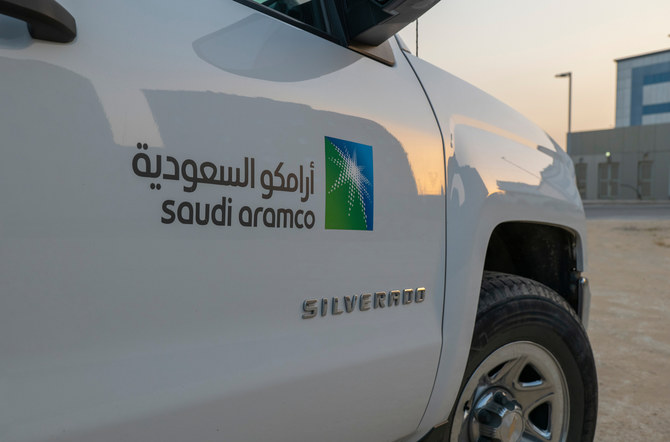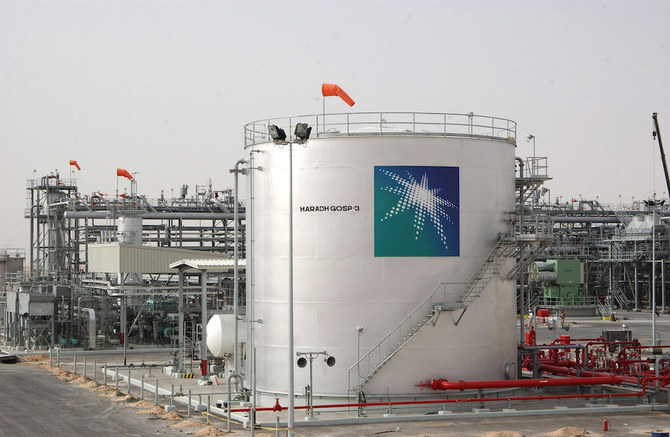RIYADH: Saudi Arabia’s drive for environment-friendly materials is set to gain momentum as oil giant Aramco is collaborating with the Kingdom’s premier research university to establish a technology consortium.
The world’s most valuable company has formalized an agreement with the King Abdullah University of Science and Technology to create ENERCOMP, a new initiative will focus on the performance and integrity management of nonmetallics and composites in energy applications.
As a founding member and initial research sponsor, the oil company aims to propel advancements within the power sector, according to a press release.
The five-year technology consortium represents a significant investment in university led research and development, specifically targeting nonmetallics and composites in the Kingdom, the release added, as well as creating an innovation hub.
Ali Al-Meshari, senior vice president of Technology Oversight and Coordination at Aramco, said: “By focusing on the development and integration of smart and cost-effective sensors in composite materials and applying emerging AI solutions, we can deploy novel integrity management technologies to the energy industry at large.”
The two parties stated that this initiative serves as an exemplary model for uniting a novel technology value chain to enhance the country’s position in energy and materials transitions.
The collaborative investment is directed toward advancing the Vision 2030 for sustainability and diversification by promoting the development of materials that are less energy-intensive and have a reduced carbon footprint.
According to the statement, Aramco will utilize its expertise gained from pertinent initiatives like the Rice University Carbon Hub in the US and the Nonmetallic Innovation Center in the UK to assist ENERCOMP in translating foundational science into practical integrity management solutions.
The announcement added that the endeavor aims to enhance industry confidence in the enduring significance of nonmetallics and composites as integral elements of the materials transition.
Mirroring the NIC model, the initiative seeks to prompt other players in the energy sector to join the consortium and leverage KAUST’s state-of-the-art research capabilities in engineering solutions, artificial intelligence, and material science.
Gilles Lubineau, director of ENERCOMP and professor of mechanical engineering at KAUST, said that ENERCOMP marks a new era of robust collaboration between his university and leaders in the energy sector, through an ambitious industry-focused partnership.
“We will establish a specialized team at KAUST to support engineering applications of nonmetallics and composites across the full energy value chain. By supporting the Kingdom’s nonmetallic and composite agenda, ENERCOMP will deliver innovative solutions needed for a sustainable future,” he said.

























